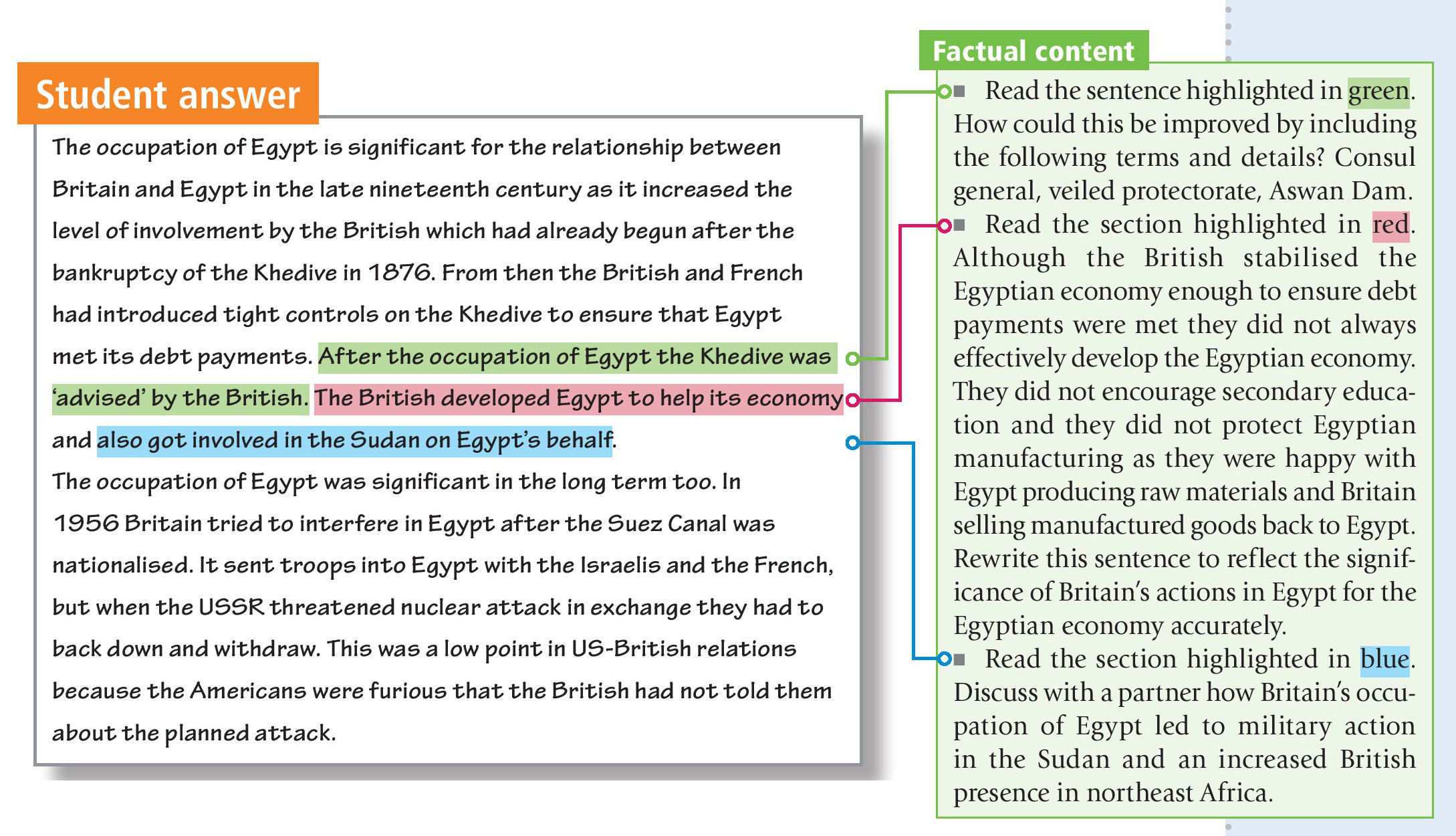
It still seems incredible that Gladstone should have overseen military intervention in Egypt and the subsequent establishment of the veiled protectorate. However, while Gladstone was a believer in a moral foreign policy, he was also a mid-Victorian Englishman who understood British interests — both economic and strategic. On balance, he viewed the financial restructuring of the Khedive’s government and the establishment of stable (and non-French) government in an area of vital strategic interest for the British empire as important enough to sanction the morally dubious ‘occupation’.
The British government held the majority share in the Suez Canal, and also had a substantial import and export trade with Egypt. Following the bankruptcy of the Khedive in 1876 the Public Debt Fund established by Britain and France had restructured the Egyptian loans to ensure that they continued to be paid. In 1881 the stringent debt restrictions placed on the Khedive resulted in a nationalist revolt against the Khedive led by Colonel Ahmed ‘Urabi. It was this revolt that led to the British bombardment and occupation.
Your organisation does not have access to this article.
Sign up today to give your students the edge they need to achieve their best grades with subject expertise
Subscribe




